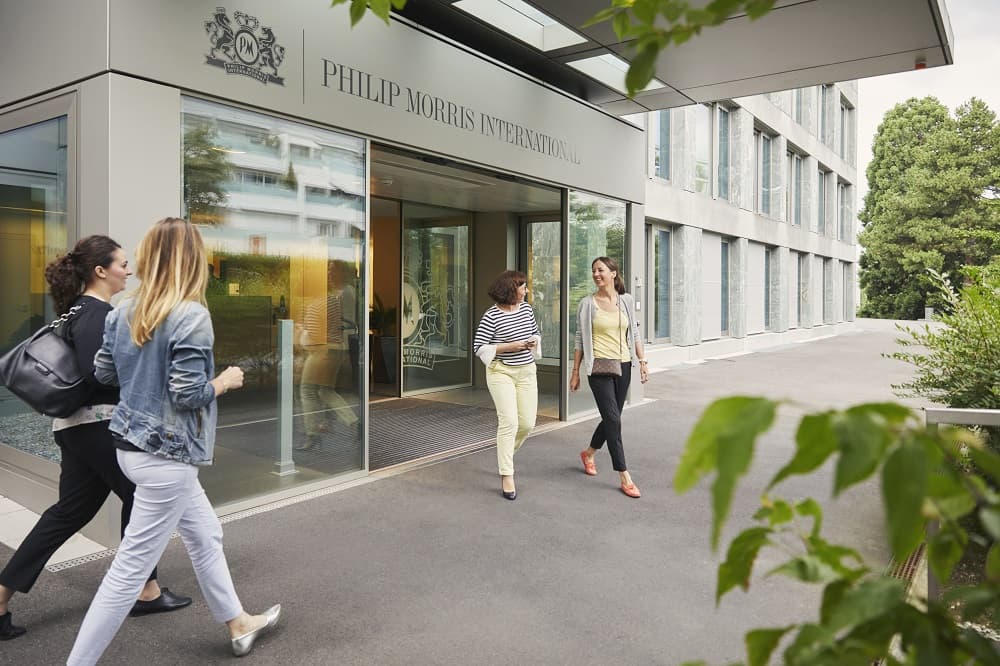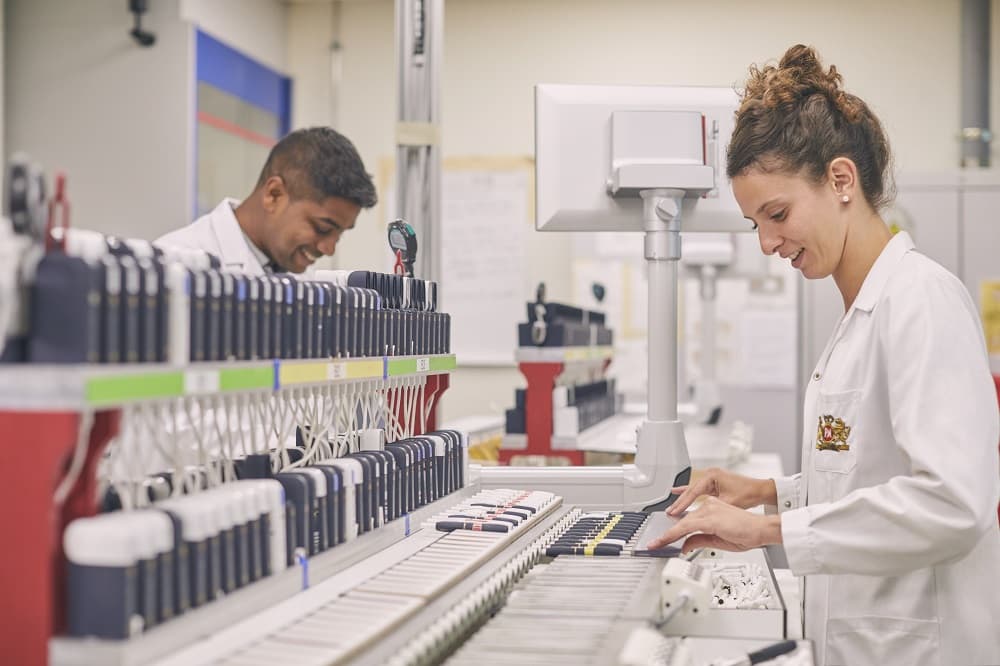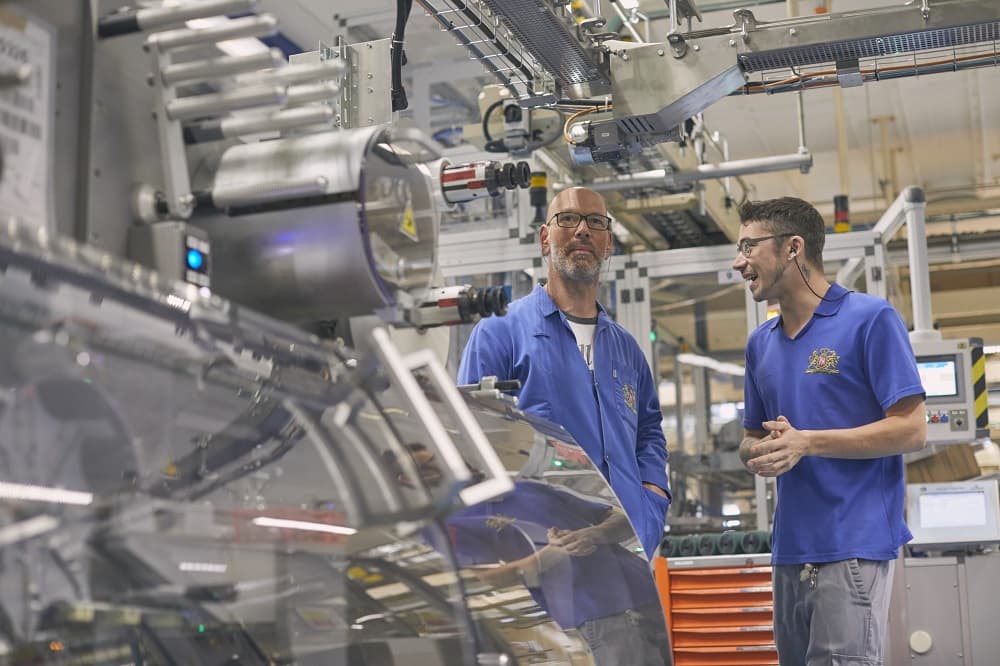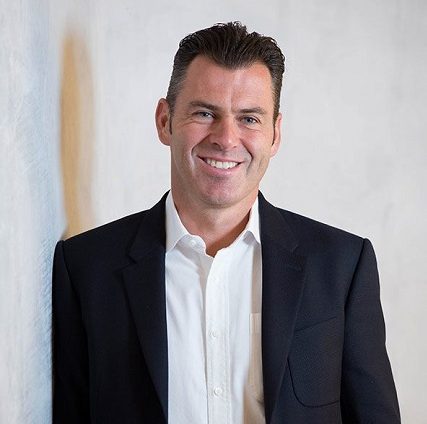“Our success in achieving our vision and creating a new type of future and transforming our company depends on the passion and hard work of the thousands of women and men at PMI who come to work each day around the world.”
Culture defines the overall output of every organization. It’s simply the character and personality that describes your corporate values, beliefs, behavior, attitudes, tradition, and way of interactions. Through culture, organizations are able to establish and manage their sustainability goals such as social impact, environmental footprint, employee engagement, satisfaction, etc. While most corporate cultures are focused on engineering the most common goal of every business, some employers are repositioning their cultures to address social inequality as well as drive diversity & inclusion.
Philip Morris International (PMI), manufacturers of one of the most popular cigarettes brand Marlboro, is not only an EQUAL-SALARY certified employer, but pioneering the way to a smoke-free future. PMI corporate culture identifies the need for employers to seek long-term achievements while proposing corporate goals and objectives.
Charles Bendotti, Senior Vice President People & Culture at Philip Morris International, advocated for Equal Pay for Equal Work for many years before its reality. He is the architect behind EQUAL-SALARY certification, which verifies that PMI pays all of its employees, in more than 90 countries, worldwide, equally for equal work, regardless of gender. Talking to The HR Digest, Bendotti describes how he has set about renewing this giant as a Global Top Employer.
The HR Digest: By creating a purpose-driven culture with a tall order goal such as achieving a “smoke- free future,” Philip Morris International (PMI) has found itself in a constant process of cognitive transformation. This is an extraordinary asset in today’s world, where businesses must transform frequently, rapidly and economically to thrive. How do you keep the people at PMI motivated for change?
Charles Bendotti: That is one of the key questions we ask ourselves daily at PMI. Our people are our greatest asset, they are the reason that we’re here today. Our journey to transform our business from a traditional cigarette manufacturer to a science and technology-driven company is one of the most dramatic pivots taken by a major multinational company in recent history, so by definition, it impacts our people deeply. We are attracting new types of talent into our organization, our cultural DNA is changing rapidly, and the vision of the company has been completely redefined. As this happens, maintaining workplace fundamentals such as respect, equality and fairness is key, and alongside that, we need to build a more inclusive environment where everyone feels like they can bring their best self to work, to take on new challenges and succeed. That’s the kind of culture that drives employee engagement and motivation. And it’s a key focus for us.

Philip Morris International Operations Center Lausanne, Switzerland
I believe that our central purpose is the greatest motivator we have. We work hard to be transparent with our people about where our transformation is taking us the changes we expect to see, and what those changes will mean to them. Also, why we are invested in this vision and how it will impact the world. As we continue to advance toward our smoke-free vision, our employees understand the work that we are doing and how it is centered around making a positive impact on the lives of more than 1 billion smokers around the world and their families, and the positive impact that we can bring to communities through our sustainability efforts.
Our success in achieving our vision and creating a new type of future and transforming our company depends on the passion and hard work of the thousands of women and men at PMI who come to work each day around the world. I believe we have an obligation to provide them with the tools and development opportunities to learn and grow as professionals, communicating clearly and regularly with them and fostering the best possible environments for them in which to work. My experience as a father also helps guide me in keeping our staff motivated and engaged. It makes me proud to see how many amazing people we have working at PMI, and it’s my job to ensure that everyone has the space to experiment, to learn and to make mistakes. And it’s my team’s role to encourage them along the way.
The HR Digest: Many companies profess to be fully committed to ensuring collaboration between different subcultures, but when it comes to delivering on that promise they often fall short. How did PMI approach this unique challenge?
Charles Bendotti: With more than 77000 global employees at PMI, collaboration for us unlocks unprecedented value and it is a necessity to ensure we can operate effectively. I have been at PMI for more than 20 years and have worked in a number of different continents during that time, including Africa, South America, Europe, and Asia. I’ve seen firsthand that incredibly valuable insights come from different perspectives. To foster collaboration among employees, we’re focusing on celebrating our differences so we can unlock fresh perspectives, new ideas, and innovations to help us succeed. This means creating teams that have the right mix of people and work environments where they can thrive together. It means vocalizing clearly the priority of collaboration from the most senior leaders in the organization, and walking the talk.
At PMI, a number of our staff are what we would consider to be “global citizens”, talents who have lived in various parts of the world. They speak different languages and identify with different cultures and their families often reflect this as well. We work actively to attract talent from all around the globe and offer growth opportunities in various countries once an employee joins the “PMI family.” We understand implicitly that this facilitates knowledge sharing among markets and combines unique perspectives to propel our business and smoke-free vision forward.

Quality assurance at PMI’s manufacturing facility in Neuchatel, Switzerland.
When we talk about subcultures, we of course, need to consider diversity and inclusion. To foster collaboration, clear direction is needed on how to integrate subcultures effectively. One recent milestone for us was our “Week of Women,” a week of activities dedicated to celebrating our female employees around the world leading up to International Women’s Day.
As part of these activities, we invited several external speakers to share and discuss contemporary gender diversity topics; we published the stories of 42 women from across PMI who are inspiring others in our “Project 42” collection on our website; and, most importantly, we announced our global EQUAL-SALARY certification which confirms that we pay women and men equally for work of equal value and that our actual pay practices match our commitment to equality everywhere we operate worldwide. This is a first for any company and it’s an achievement of which we’re incredibly proud.
The HR Digest: The Top Employer Institute has recognized PMI for six consecutive years. Do you still see room for improvement in PMI’s employment practices?
Charles Bendotti: There is always room for improvement in this type of work, and that keeps me incredibly motivated. I often ask myself how can we improve our employee experience? How can we foster more growth opportunities for our staff? How do we help create resilience in our people? Who should we hire next, and how do we find them?

PMI factory workers in its manufacturing facility in Neuchatel, Switzerland.
In addition to being awarded the Top Employer label for the sixth year running in many parts of the world, we are very proud to be recognized as a Global Top Employer for the third year in a row – and of course, our global EQUAL-SALARY certification is also a very important milestone for the company. We’re constantly thinking of what’s next on our journey to create an incredible place to work that fosters the kind of growth and collaboration that we need to succeed long term.
The HR Digest: You have been with Philip Morris International quite a while. What do you say have been the most important transformations in your career?
Charles Bendotti: The transformation that we are currently undergoing is by far the most important and complex that I’ve experienced. We’re completely changing our ways of working; our mission has been redefined; we’re innovating every day and there is only one road map or benchmark: to achieve our smoke-free vision. This excites me and is a thrilling path of discovery, filled with challenges and opportunities. Continuously learning is what has kept me with PMI for so long, and is what keeps me here today. That, and giving back to an organization that has given so much to me and my family.
The HR Digest: What’s the key lesson you want HR leaders to take away from your work?
Charles Bendotti: It sounds simple, but HR is first and foremost about people. I am a product of this company in many ways. I’ve experienced firsthand many of the policies, changes, and environments that I influence today. If we can remember that our success depends first and foremost on the people in our business, our mission in HR becomes clear and simple—take care of your people and their families, give them a purpose in their work, and encourage them along the way to that they can be successful. If you do that, I truly believe that your vision as a company can become a reality.
This article first appeared in the April 2019 issue of The HR Digest magazine.

Charles Bendotti joined Philip Morris International in Lausanne in 1999 as Business Analyst. From 2000 until 2006, he served in various cross-functional roles in Marketing & Sales and Business Development in different markets of the Eastern Europe, Middle East & Africa, and Latin America & Canada Regions. Charles Bendotti then became Managing Director, Ecuador & Bolivia, followed by his appointment as Vice President, Human Resources for the Latin America & Canada Region in 2008. In 2012 he was named Vice President, Human Resources Asia, a position he held until December 2016, and then Senior Vice President, Human Resources. Charles Bendotti holds a master’s degree in international relations, economy, and law from the Graduate Institute of International & Development Studies in Geneva, Switzerland, and an Executive MBA from HEC Paris. PHOTO: PHILIP MORRIS INTERNATIONAL
Subscribe to the leading HR Magazine to receive exclusive Human Resources news and insights directly to your inbox.





